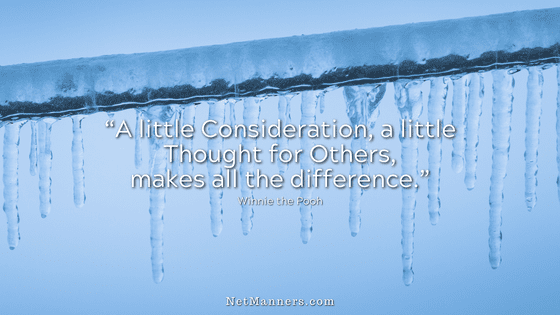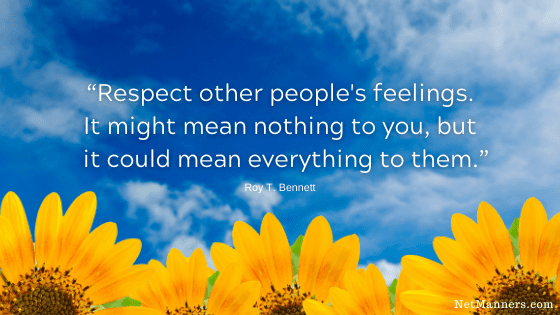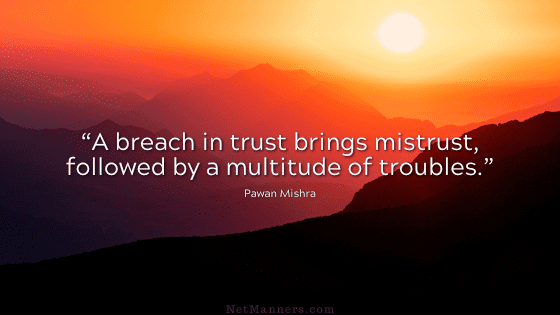Ice Storms and Email Etiquette: A Reminder

Last winter, I could not post because we were hit with an incredible ice storm. We did not have power for three days.
If you were to pay any attention to the news, you would have heard about these storms, as is the case for snow storms and tornadoes when they hit. But a lot of folks don’t make a point of knowing what is going on beyond their personal sphere.
When I was able to get into my email, it was clear that some never gave a thought as to why they hadn’t received a response. Instead, they were focused only on the fact they didn’t have one.
So that got me thinking.
As I state on all my websites, I respond promptly to all “legit” inquiries — faster than most, actually. So… if you are one of those folks who email me and don’t get a response, I would think that you might wonder if there is a reason why you don’t have a response.
Where’s My Response!?
I get it — not everyone responds promptly. So it is easy to assume I am one of the pack. But that’s the thing — I’m not.
If you are not a regular in my inbox, I can understand that your expectations will kick in. And, when I am here and have power, I meet those expectations. Especially considering this is an email etiquette website where I’ve written ad nauseam about the importance of promptly replying to emails.
If you have no power, you have no internet. And unlike many people, I have had enough technology in my life for the past 29 years that I do not have email on my cellphone. That’s where I draw the line.
The Internet may be 24/7; I am not.
The Fact Is, It’s Not All About You
I get it when you need a response, like when your website is down or if there is some emergency that must be addressed immediately. Even then, you need to take a deep breath and give the other side time to respond.
To be honest, though, answering inquiries through an email etiquette website is not my priority during an emergency. And not having power for days in sub-freezing weather falls into that category. Call me whacky.
Two examples:
If I were to respond, it would be after I am all caught up (if at all). Why would I prioritize responding to someone who didn’t follow the rules and read my website before making demands?
Several others reinforced what I’ve written about before, to not assume or accuse when emailing follow-ups. Unfortunately, too many think about what they want at any given moment without considering the person on the other side.
So, yes, I’m relaying this from what I saw as the owner of a little email etiquette website. Sadly this attitude is pervasive (on and off-line). I see this through my other websites and social media as well.
Before you send that terse or demanding follow-up, maybe stop and think. Try not to assume someone is sitting there twiddling their thumbs and ignoring to you.
Follow-Up Suggestions
Here are a few intros to soften your desire for a faster response:
Then end your message with courtesy and gratitude.
How you follow up on emails that you want a reply to can determine whether you receive a response. And, remember that old saying “you attract more bees with honey” — it rings true.






